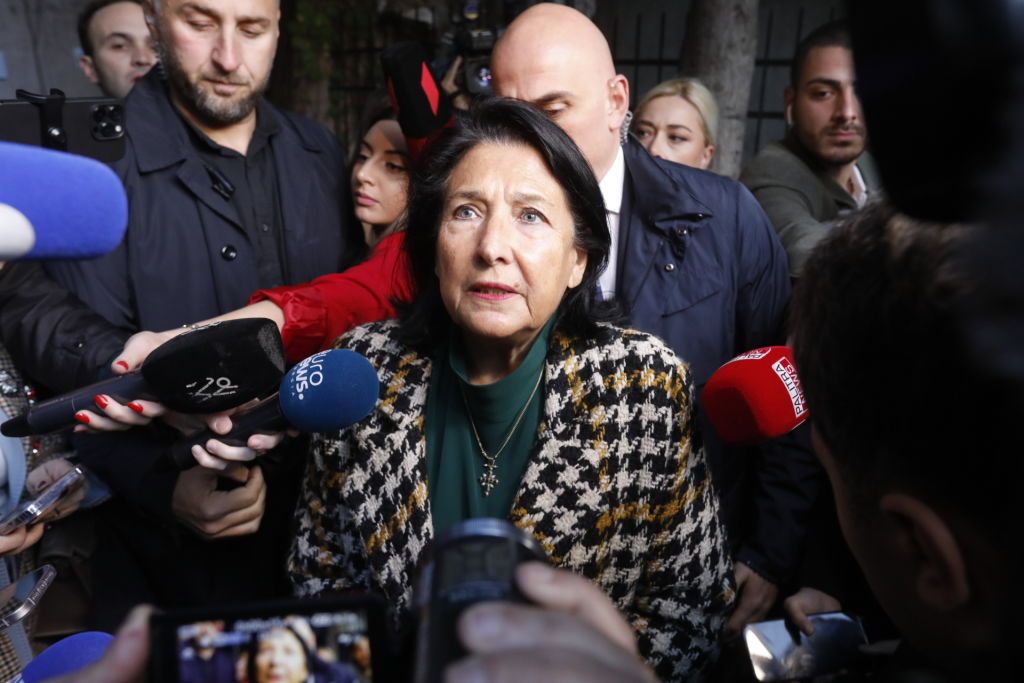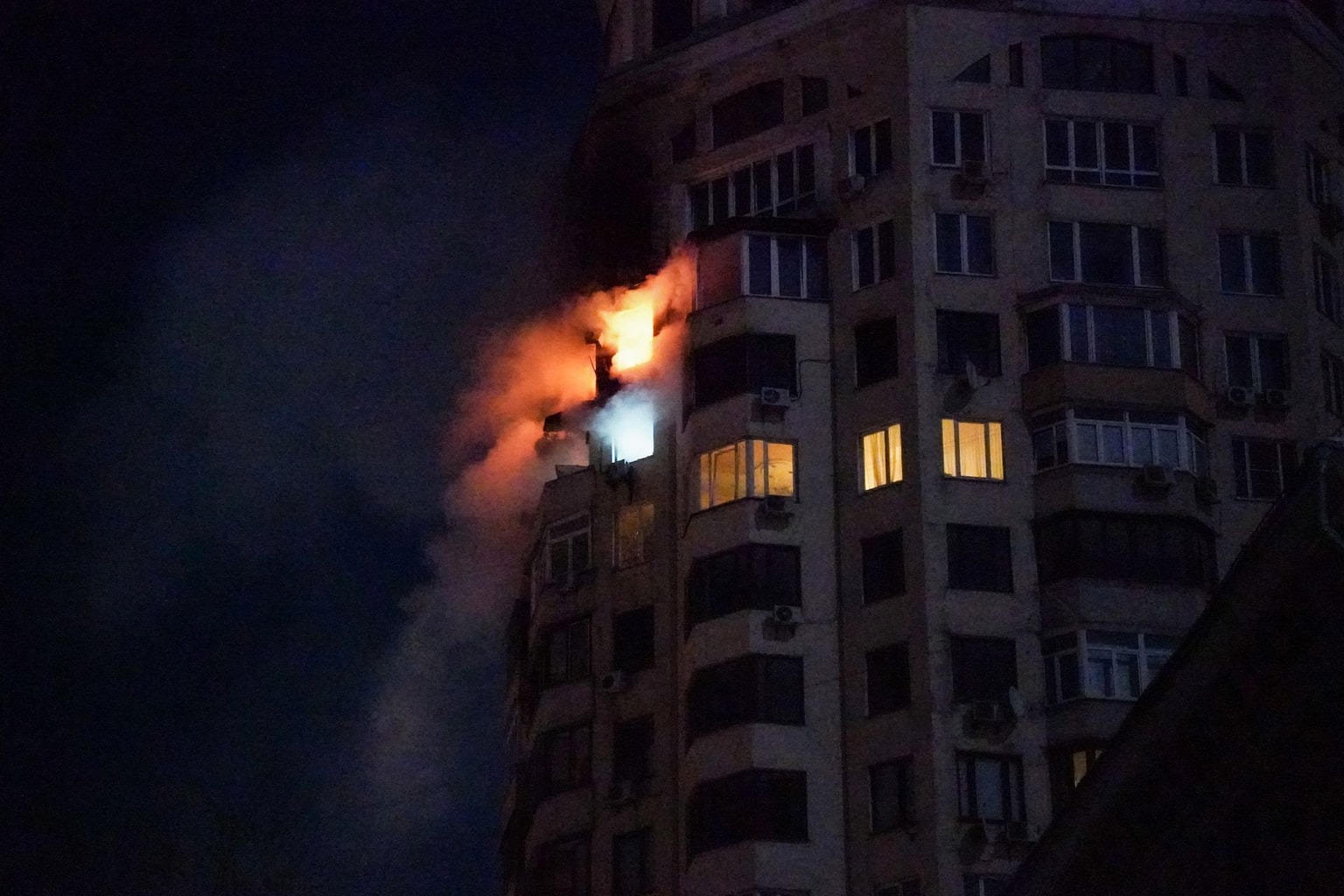US, EU call for investigation of Georgian elections after reports of intimidation, irregularities

The EU's chief diplomat, Josep Borrell, and U.S. Secretary of State Antony Blinken urged an investigation of the Georgian parliamentary elections over reports of irregularities in statements made on Oct. 27.
The Moscow-friendly Georgian Dream party won almost 54% of the vote in the Oct. 26 elections, but international observers declared the results neither free nor fair.
Pro-EU opposition parties have disputed the ruling party's victory, and President Salome Zourabichvili said on Oct. 27 that she would not recognize the results and called for mass protests.
"We call on the Central Election Commission of Georgia and other relevant authorities to fulfill their duty to swiftly, transparently, and independently investigate and adjudicate electoral irregularities and allegations thereof," Borell said in a statement.
"We condemn all contraventions of international norms and join calls from international and local observers for a full investigation of all reports of election-related violations."
Blinken encouraged "Georgia’s political leaders to respect the rule of law, repeal legislation that undermines fundamental freedoms, and address deficiencies in the electoral process together."
"While international and local observers agreed that Election Day was generally well administered, we note reports of irregularities and sporadic violence. International observers have not declared the result to be free and fair," the U.S. chief diplomat said.
After the results of the Oct. 26 vote were announced, Georgian opposition groups refused to recognize the result and said the election was stolen, pointing to election monitors reporting various violations across the country, including ballot stuffing and voter intimidation.
According to a report by the Election Observation Mission led by the OSCE Office for Democratic Institutions and Human Rights (ODIHR), "the election day was… marked by a tense environment, with frequent compromises in vote secrecy and several procedural inconsistencies, as well as reports of intimidation and pressure on voters… especially on public sector voters."
The Georgian Dream party, founded by oligarch Bidzina Ivanishvili, has led the country closer to Moscow, hampering its EU aspirations. Tbilisi's adoption of the controversial foreign agents law earlier this year led to the EU effectively freezing Georgia's accession process, even though it was awarded candidate status last December.
Tbilisi's relations with Washington also deteriorated over the past months as the U.S. began curbing partnership programs and imposed sanctions against Georgian officials.












